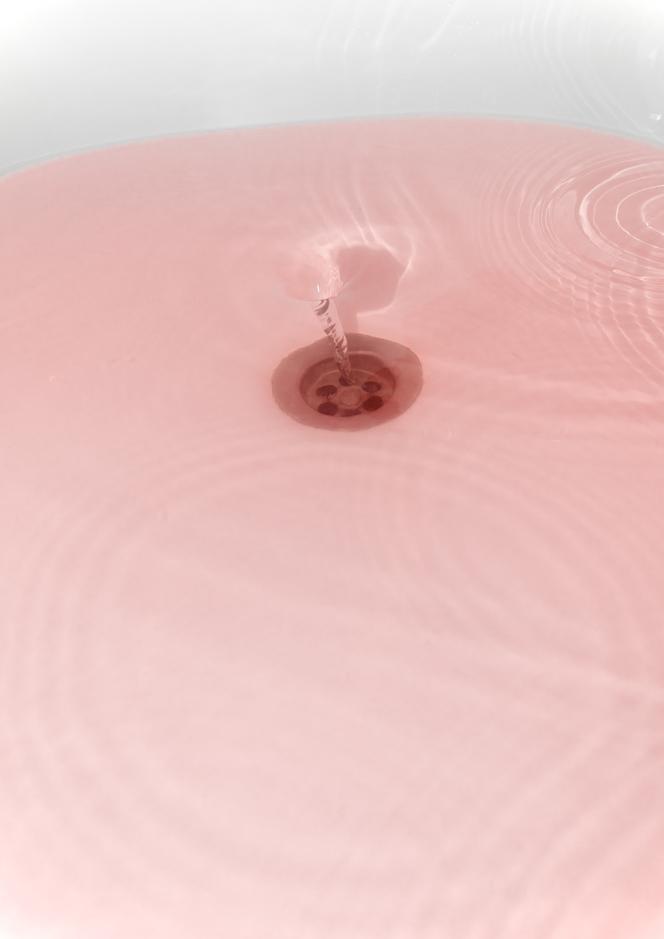
Marie Bultot, 38, gradually decided to stop menstruating. Five years ago, she read in an article that menstruation induced by the contraceptive pill is artificial and that it is possible to stop the bleeding by taking the pill continuously. The musician and engineer, who lives in Provence, began to do so from time to time, “for comfort.”
“I don’t have horrible periods; they’re not particularly painful or heavy,” she said, “but I do feel tired and it’s not pleasant to deal with an energy dip during that time.” Especially when it coincides with a concert, or when she is away on business or planning to do yoseikan budo, a sport similar to MMA. Having her period means contending with fatigue, but also logistics: being able to take a break immediately to empty her menstrual cup, plus having access to a toilet, water and soap to clean the cup. “It’s much easier not to have it,” she said.
Like Bultot, many women choose to stop menstruating for various lengths of time and a host of different reasons. According to a study conducted by IFOP in 2021, 87% of menstruating women surveyed would like to stop menstruating, provided it would be safe for their health and fertility.
The practice therefore appears common but is not always well received. Initially, Bultot still “triggered” her periods every three months or so. Her gynecologist had confirmed that it was possible to take several packs of pills in a row, without a break between packs and without danger, but she continued to wonder about the risk of taking hormones continuously. And she was not reassured by those around her: “My choice wasn’t understood by my feminist friends, who need this to feel like women. But I’m a feminist too,” she said.
Martin Winckler, doctor and author of Tout ce que vous avez toujours voulu savoir sur les règles sans jamais oser le demander (“Everything You’ve Always Wanted to Know about Your Period but Didn’t Dare to Ask,” 2008), wrote on his website that “all current knowledge shows that the absence of menstruation in women wearing an implant, or a hormonal IUD [intrauterine device], or when a woman takes her pill continuously, has no impact on health.” So why is there so much mistrust surrounding the practice?
‘Unnatural’ manipulation
Part of the answer probably lies in the 1960s, when the pill was about to be marketed in its current form: a pack of either 21 pills or 28 tablets (the length of a cycle), including seven placebos. The cessation of hormone intake corresponding to the week of placebos provokes bleeding. At the time, the idea of creating a pill that would eliminate women’s periods was quickly discarded in favor of a contraceptive that induced what some gynecologists call “false periods.” “The ‘off’ week was designed by pharmaceutical companies to create a menstrual period because they felt patients, pharmaceutical executives, and religious officials would find hormonal contraception more acceptable this way,” American anthropologist Kate Clancy wrote in Period, the Real Story of Menstruation (2023). Going back even further, to around 400 BC, Hippocrates considered amenorrhea as a pathology and menstruation as a necessary purification mechanism.
You have 66.83% of this article left to read. The rest is for subscribers only.